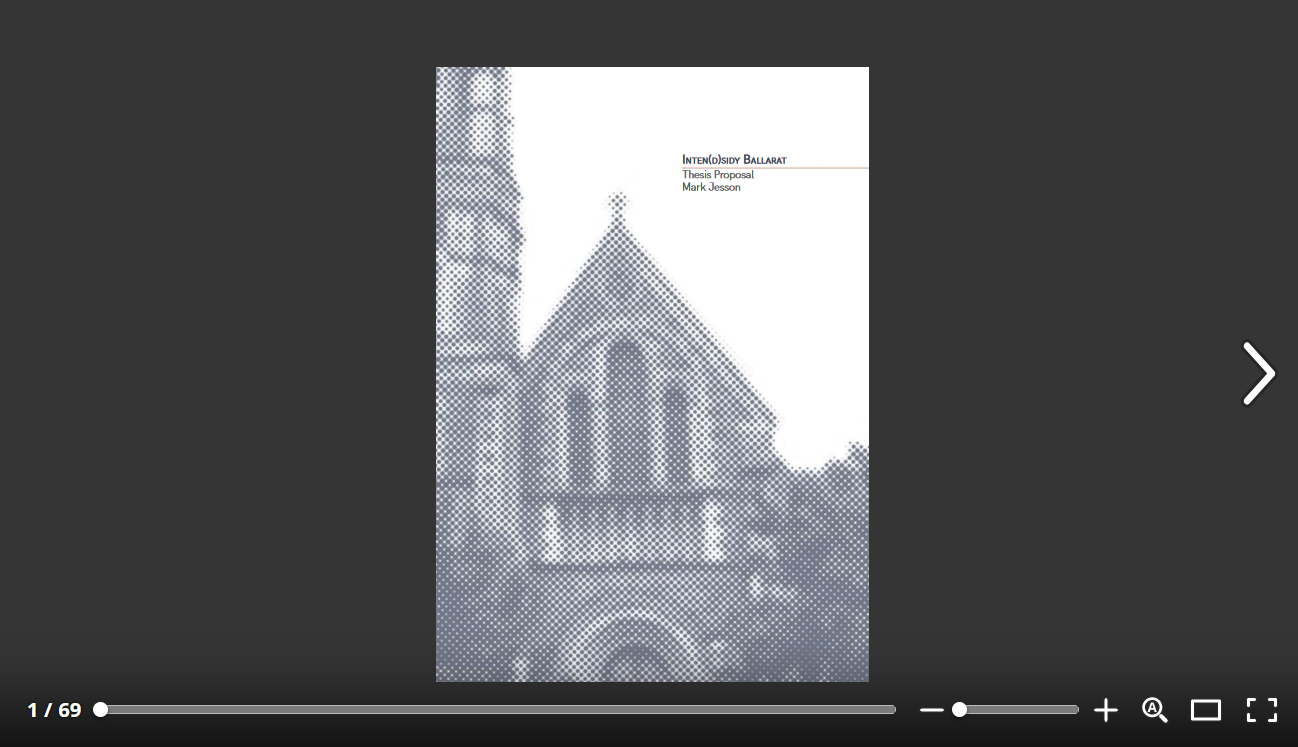Mark Jesson
Current trends within the housing market see the financialization of property and the inflation of prices leading to an unaffordability crisis in many global housing economies. This financialization of housing sees dwellings not as a place of inhabitancy but the capture of financial value. Through this evolution of the modern property markets and broader societal factors we have seen the weakening of communities and the communal aspects of life.
This disconnect between housing market affordability and the creation of community environments highlights the need to explore community lead approaches to providing housing which considers longer-term social, economic and environmental sustainability. In Ballarat, the abandoned St Andrew Kirk provides the opportunity to form a new sense of community established around common goals of sustainable living.
Drawing on the thesis research, the design outcome aims to provide a balanced approach to providing housing which evolves with the residents over time. This is achieved through the balancing of flexibility and interdependency and embracing an agonistic approach to community engagement. This draws on methods implemented within co-housing developments where decision making requires valuing and considering the range of opinions present.
The communal circulation space of the building provides an opportunity for appropriation by residents, allowing them to leverage the space for personal or community endeavours, this space has been designed as a series of variable volumes which create differing levels of privacy throughout. These spaces may be used for different activities throughout the different phases of the building, relating to the evolving needs of the residents and what their demands for space outside of their private dwelling which may be desired.












